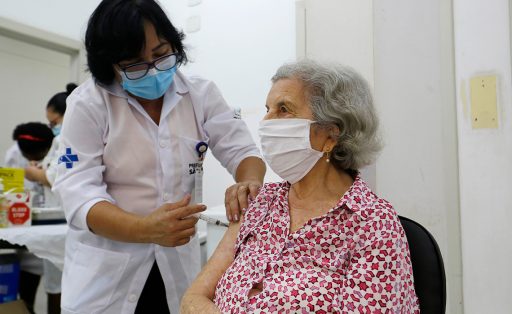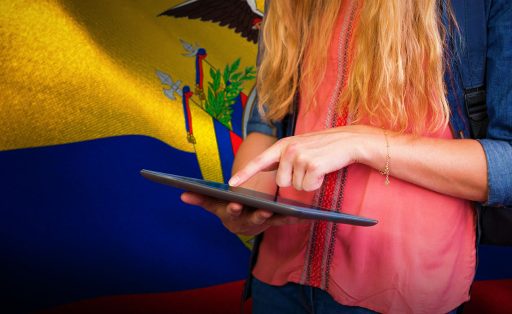Working collaboratively across academic and industry in order to improve the conditions under which entrepreneurs operate, which is one of the main challenges faced by countries for their development in the future.
Severely hit by the global pandemic, passing 250,000 deaths in February 2021, and combating new virus variants, Brazil is urgently pursuing vaccinations.
The job of the brokers is to create tools and algorithms that allow the automated analysis of data from large scanning telescopes, in order to identify the most interesting astronomical objects.
Linking researchers, teachers and students through projects, technological services, and scientific development initiatives to enable a cycle of constant growth
The CEDIA team stepped up to quickly develop a web platform and partner with health professionals to provide Ecuador’s citizens with medical advice during lockdown.
Let’s talk about Yari, a system that senses and identifies possible cyber security problems in an institution’s networks and allows us to proactively alert them, avoiding future breaches or attacks.
During the pandemic health emergency it has been possible to train more than 20 thousand people at home in various fields of knowledge.
Brazil’s research network plays an important role in distributing and enabling more people to access cultural materials, particularly Brazilian-made film.
The website aims to help decongest the health centers in the region and provide professional guidance to the community.










